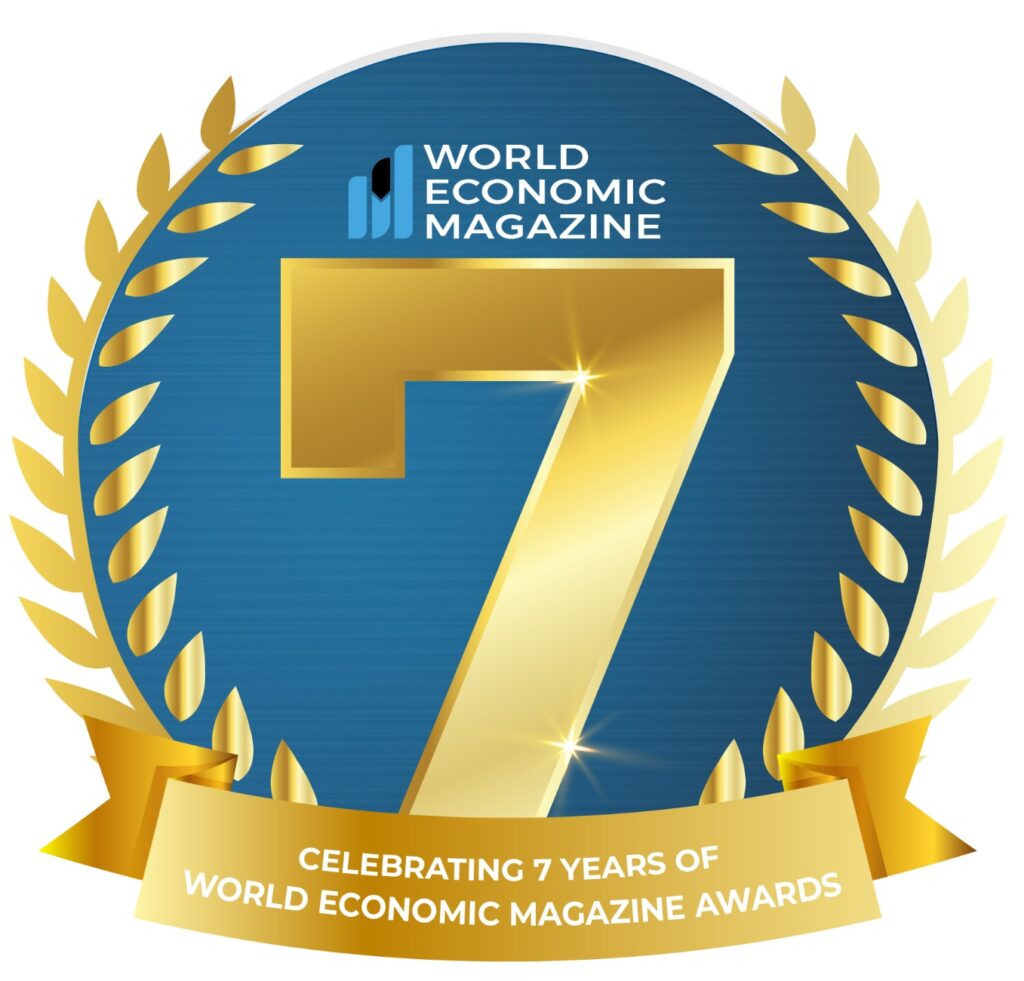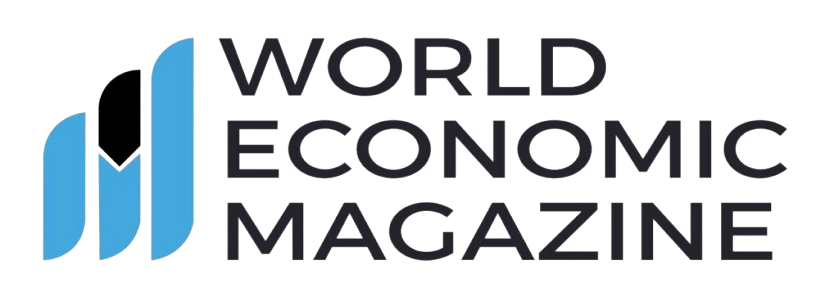

BMW Doubles Down in the U.S. Manufacturing With Bold $1.7B Expansion Amid Trade Tensions
In a significant boost for American manufacturing, German luxury automaker BMW is pressing ahead with its ambitious $1.7 billion investment in South Carolina, signaling long-term confidence in the U.S. economy despite escalating trade tensions and political criticism from the Trump administration.
The investment, first announced in 2022, includes a $1 billion upgrade to its Spartanburg factory — BMW’s largest production facility globally — and a $700 million commitment to build a new high-voltage battery assembly plant in Woodruff, just a short drive away. These developments are designed to power the automaker’s next-generation electric SUVs, the iX5 and iX7, set to debut in 2026 and 2028 respectively.
The announcement comes as a counterpoint to recent pressure from the White House. In April 2025, senior Trump officials criticized BMW’s U.S. operations, accusing the company of relying too heavily on imported parts while assembling vehicles domestically. Trade Advisor Peter Navarro went so far as to say, “BMW’s model of assembling German engines in South Carolina doesn’t work for America.”
The company fired back with hard numbers: over 70% of the vehicles produced at the Spartanburg plant are exported, making BMW the largest automotive exporter by value in the U.S. In fact, the plant generated an estimated $26.7 billion in economic impact for South Carolina and supports nearly 43,000 jobs across the state.
BMW’s $1.7 billion move boosts American jobs
Still, challenges remain. The Trump administration’s 25% tariff on imported vehicle parts, enacted earlier this year, is expected to raise the retail price of BMW models by nearly 19% by the end of 2025, according to a study by Insurify. This price hike ranks fourth among automakers affected by the tariffs, trailing only behind a handful of companies with even more significant import exposure.
Despite the cost pressures, BMW’s EV push is staying on track. The iX5 and iX7 will be the brand’s most advanced electric SUVs to date, offering up to 30% more range and 40% less energy loss than current models. High-performance versions are expected to deliver a staggering 800 horsepower — a figure that dwarfs most vehicles on American roads.
The company’s battery plant in Woodruff is another step in reducing reliance on foreign suppliers, particularly as geopolitical tensions with China threaten to choke off access to critical materials. China, which controls over 90% of the global supply of certain rare-earth magnets used in EV components, has begun restricting exports in response to the U.S. tariffs.
Industry leaders are already sounding the alarm. In May, a coalition of U.S. automakers wrote to President Trump warning that Chinese restrictions could paralyze American vehicle production for weeks, especially as the country scales up EV manufacturing.
BMW’s investment, therefore, is not just a business decision but a strategic move in a rapidly evolving global landscape. While political tensions and trade barriers present short-term headwinds, the German automaker appears committed to building a long-term foundation in the U.S. — both to serve its largest export market and to shield itself from the shifting sands of global supply chains.
With the electric future fast approaching, and political battles over trade and industrial policy intensifying, BMW’s big bet on American manufacturing could help define the next chapter of the auto industry.




